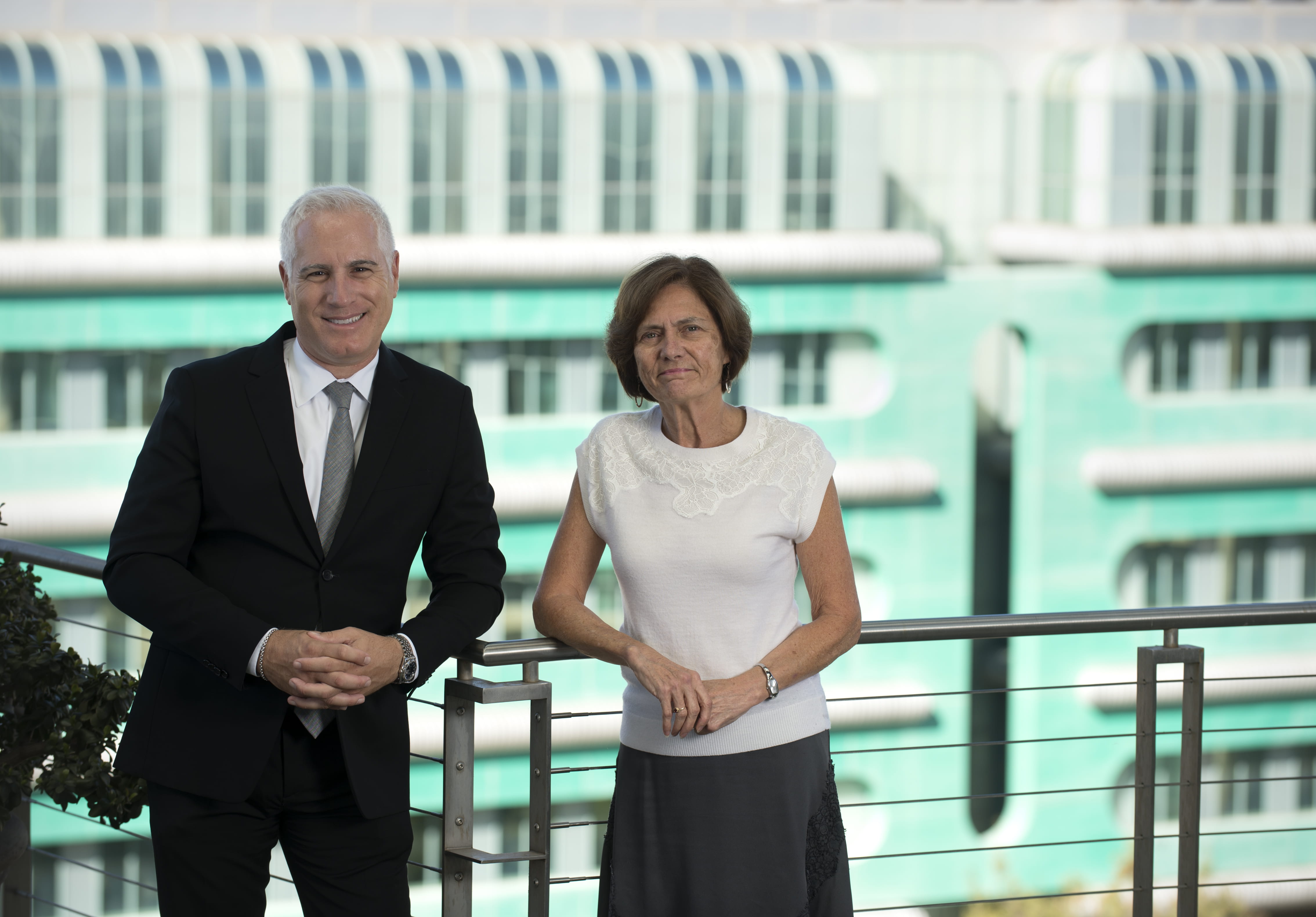Effort to create mouse that more closely mirrors human Alzheimer's wins federal grant
Genetically engineered model could boost anti-dementia drug research

Irvine, Calif., Oct. 10, 2017 – A proposal to humanize several mouse genes for research into Alzheimer’s disease has spurred the National Institute on Aging to award $11.35 million to the University of California, Irvine.
“Over the last two decades, the search for new Alzheimer’s drugs has been stymied, in part because it’s now clear that animal test subjects don’t fully mirror enough of the major features of the disease,” said Andrea Tenner, UCI professor of molecular biology & biochemistry. “This project could reshape the fight against Alzheimer’s.”
Currently, scientists investigating anti-dementia medications must use mice that are bred to have a rare, aggressive form of Alzheimer’s, one that accounts for less than 2 percent of human cases. UCI, which is nationally known for producing specialized research mice, will employ sophisticated genetic recombination methods to engineer a better mouse, replacing rodent DNA sequences with human DNA strands linked to the most common type of Alzheimer’s, called sporadic Alzheimer’s disease.
“The new mouse will more accurately mimic human Alzheimer’s conditions, enabling superior testing of therapies designed to slow or prevent the disease,” said Frank LaFerla, dean of UCI’s Francisco J. Ayala School of Biological Sciences and a renowned Alzheimer’s expert. His previous work includes creating a “triple transgenic” mouse model that developed the same brain plaques and tangles found in human Alzheimer’s patients, a breakthrough that provided researchers with a living laboratory for understanding the behavioral, physiological and biological processes of the disease.
LaFerla and Tenner will lead a team building on a “base model” mouse that harbors a humanized Alzheimer’s-related gene – an endeavor they began in 2010 – and gradually humanizing other key genes. As part of the prestigious NIA grant, the UCI team will work together closely with Indiana University and Jackson Laboratory researchers to add various genetic characteristics associated with Alzheimer’s to the “next-generation mouse” and eventually make it available to scientists around the world.
The UCI group also includes professor of developmental & cell biology Grant MacGregor, associate professor of developmental & cell biology Ali Mortazavi, associate professor of neurobiology & behavior Kim Green, Francisco J. Ayala Chair in Neurobiology & Behavior Marcelo Wood and assistant researcher David Baglietto-Vargas.
About the University of California, Irvine: Founded in 1965, UCI is the youngest member of the prestigious Association of American Universities. The campus has produced three Nobel laureates and is known for its academic achievement, premier research, innovation and anteater mascot. Led by Chancellor Howard Gillman, UCI has more than 30,000 students and offers 192 degree programs. It’s located in one of the world’s safest and most economically vibrant communities and is Orange County’s second-largest employer, contributing $5 billion annually to the local economy. For more on UCI, visit www.uci.edu.
Media access: Radio programs/stations may, for a fee, use an on-campus ISDN line to interview UCI faculty and experts, subject to availability and university approval. For more UCI news, visit wp.communications.uci.edu. Additional resources for journalists may be found at communications.uci.edu/for-journalists.